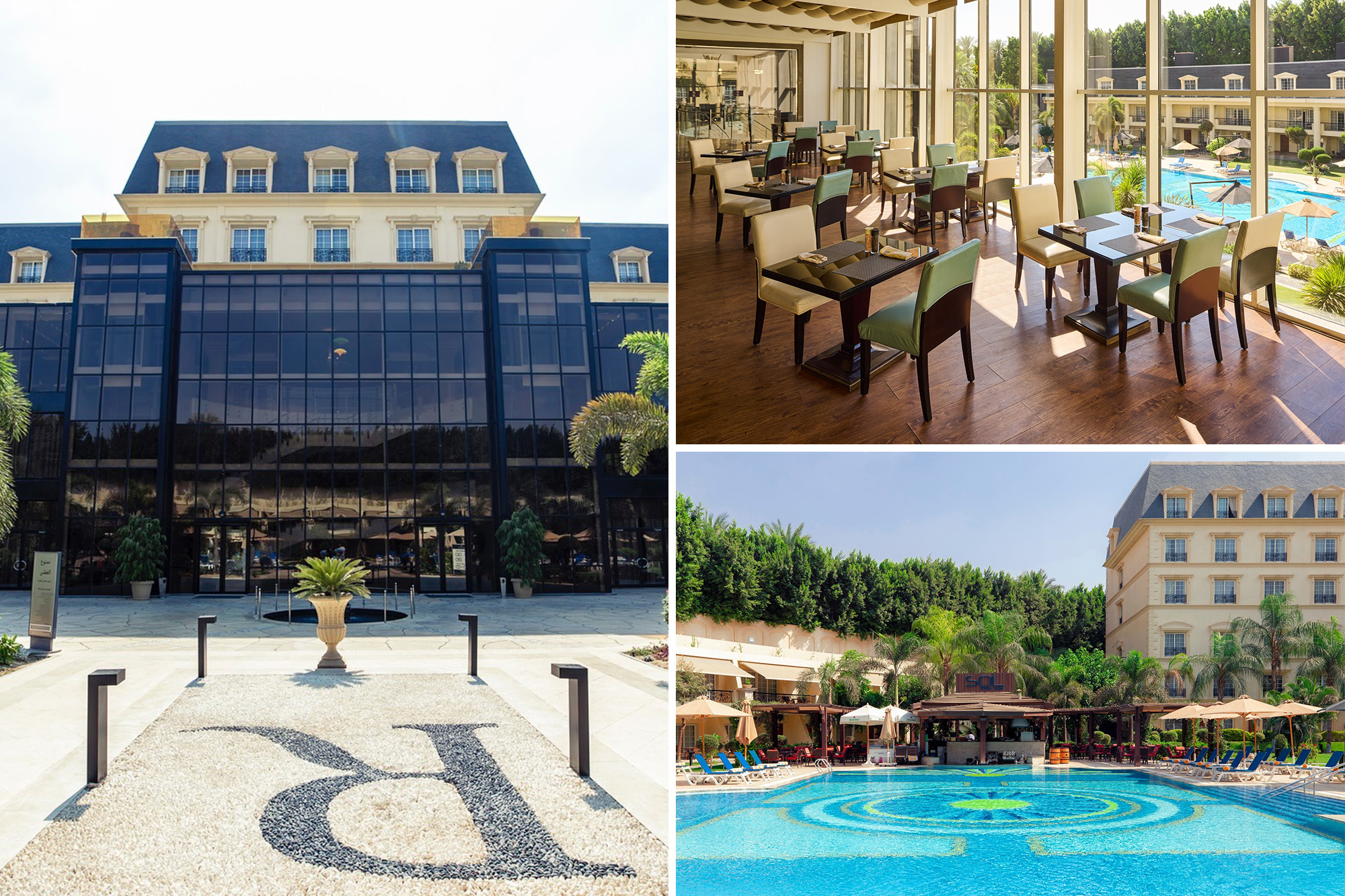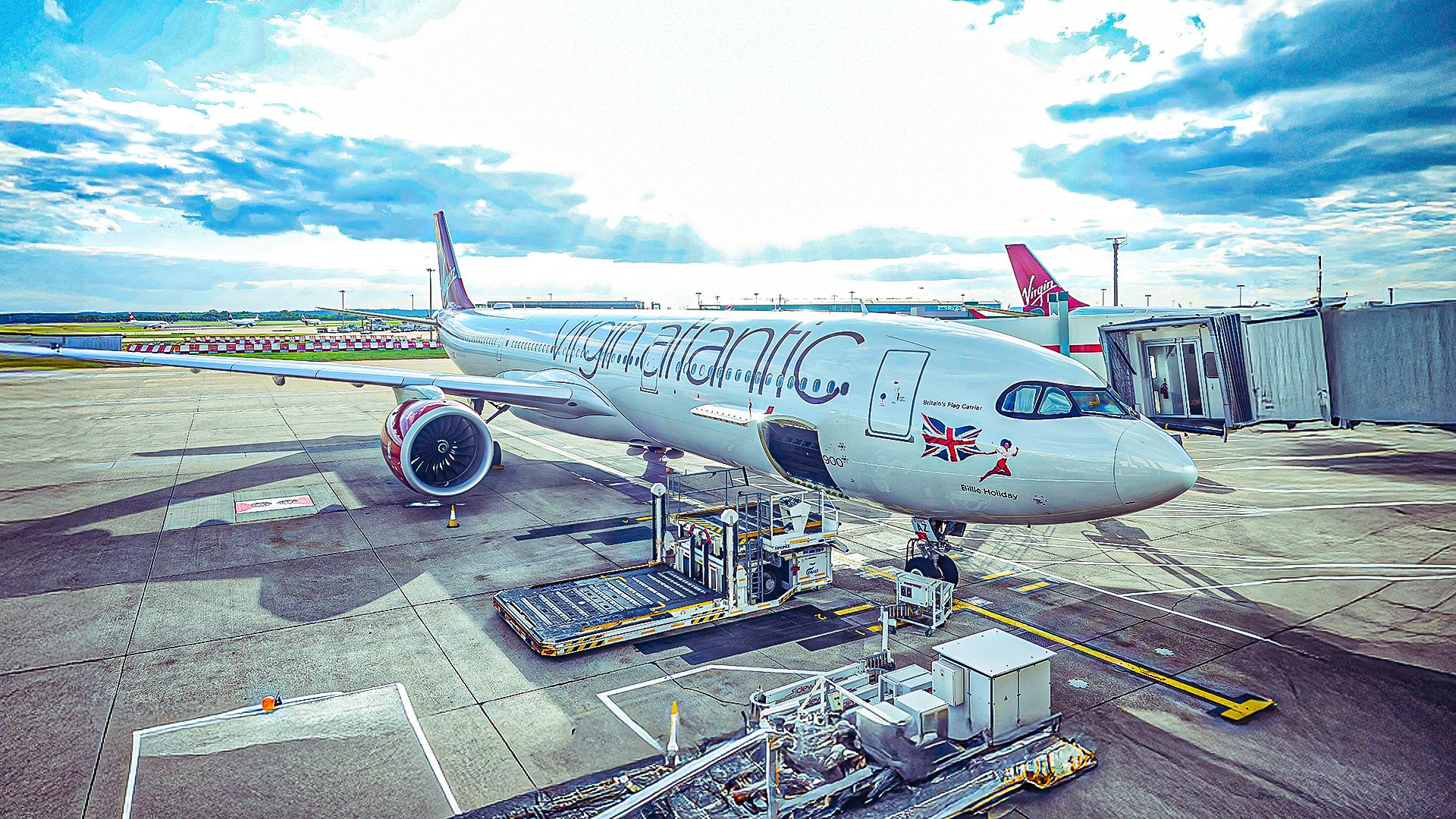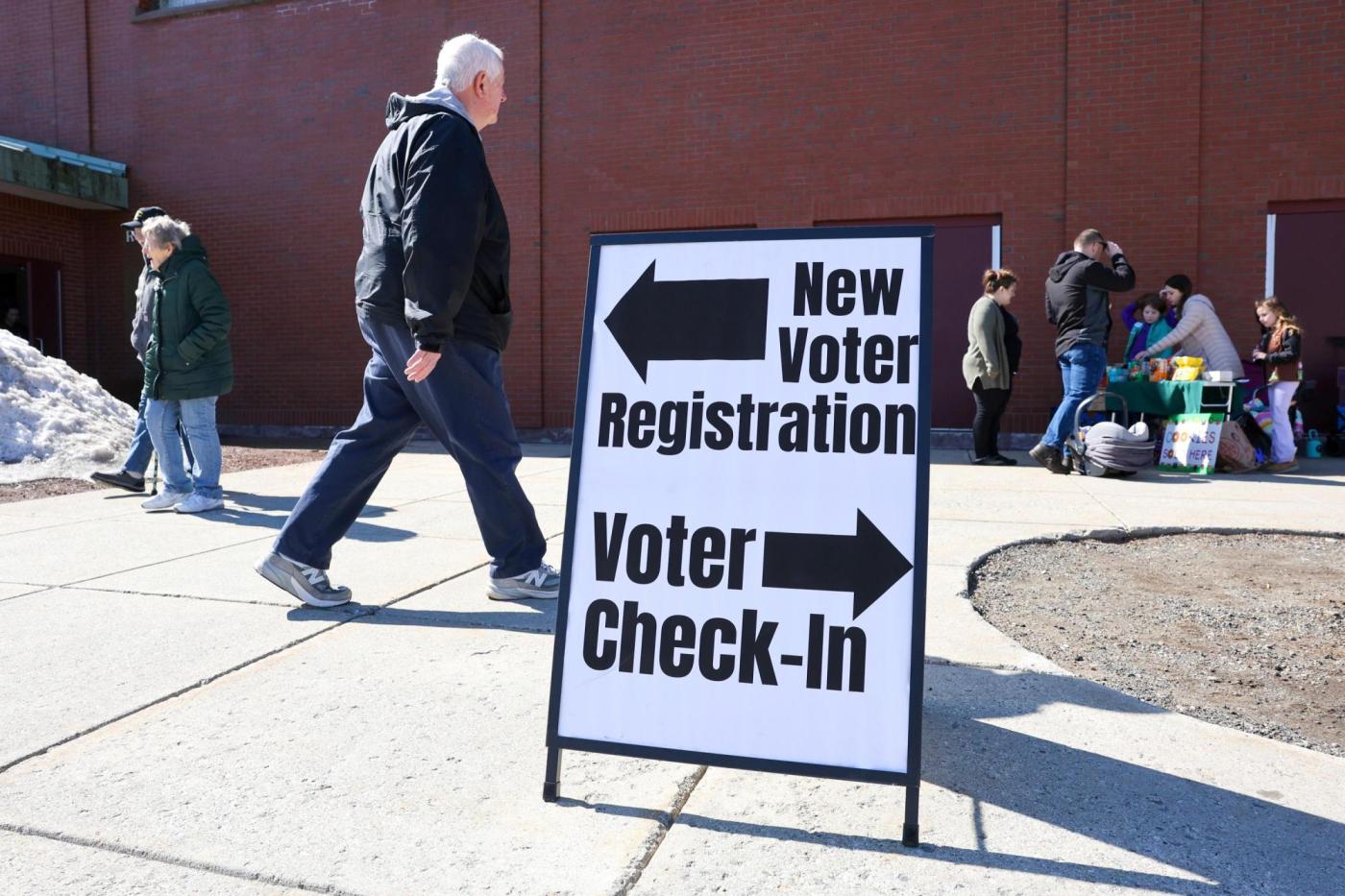More than 150 former Hamas prisoners were recently photographed enjoying luxurious amenities at the Renaissance Cairo Mirage City Hotel in Egypt. This event followed their release as part of a significant peace deal concerning the Gaza region, which included the return of hostages held by Hamas. Reports indicate that these individuals, released from Israeli detention, indulged in fine dining and leisure activities at the upscale hotel.
The hotel served as the initial accommodation for the 154 prisoners freed under the terms of a peace agreement brokered by President Donald Trump. Photographs captured the individuals engaging in a variety of activities, including sipping cappuccinos and utilizing the resort’s extensive facilities. However, hotel officials confirmed that the group departed from the hotel by Saturday, leaving their lavish surroundings behind.
Notorious Figures Among the Released
Some of the individuals released were notorious for their involvement in violent acts against Israeli citizens. For instance, Mahmoud Issa, 57, had been imprisoned since 1993 for the abduction and murder of border police officer Nissim Toledano. Similarly, Samir Abu Nima, 64, was serving time for a 1983 bus bombing in Jerusalem that resulted in the deaths of six, including an 11-year-old boy. Another released prisoner, Muhammad Zawahara, 52, was implicated in a deadly shooting near a Jerusalem checkpoint in 2024.
During their stay at the hotel, the former prisoners blended in with other guests, many of whom were reportedly unaware of the identities of those around them. The wedding of Akram Abu Bakr, a figure linked to various acts of violence, took place at the hotel on October 18. This event coincided with a Christian couple’s wedding in a nearby venue, creating a surreal atmosphere as celebratory music filled the air, including the well-known tune “Dancing Queen.”
Context of the Gaza Peace Agreement
According to the Times of Israel, the release of these prisoners came as part of a broader cease-fire and hostage release agreement. Israel agreed to free over 2,000 security prisoners, including 250 individuals serving life sentences for serious terror offenses, in exchange for all living Israeli captives and the remains of deceased hostages still held by Hamas.
David Mencer, an official in the office of the Prime Minister of Israel, addressed the complexities of the situation, stating, “These men are terrorists, convicted of bombing buses, murdering students, and kidnapping teenagers. Israel freed them not to reward evil but because we value human life above all. A bitter price, but one our people have paid across the ages to reclaim kin from the hand of Jew-haters.”
As tensions continue in the region, the implications of this agreement and the circumstances surrounding the release of these prisoners remain significant. The situation reflects the ongoing challenges faced in achieving lasting peace and security in the region.







